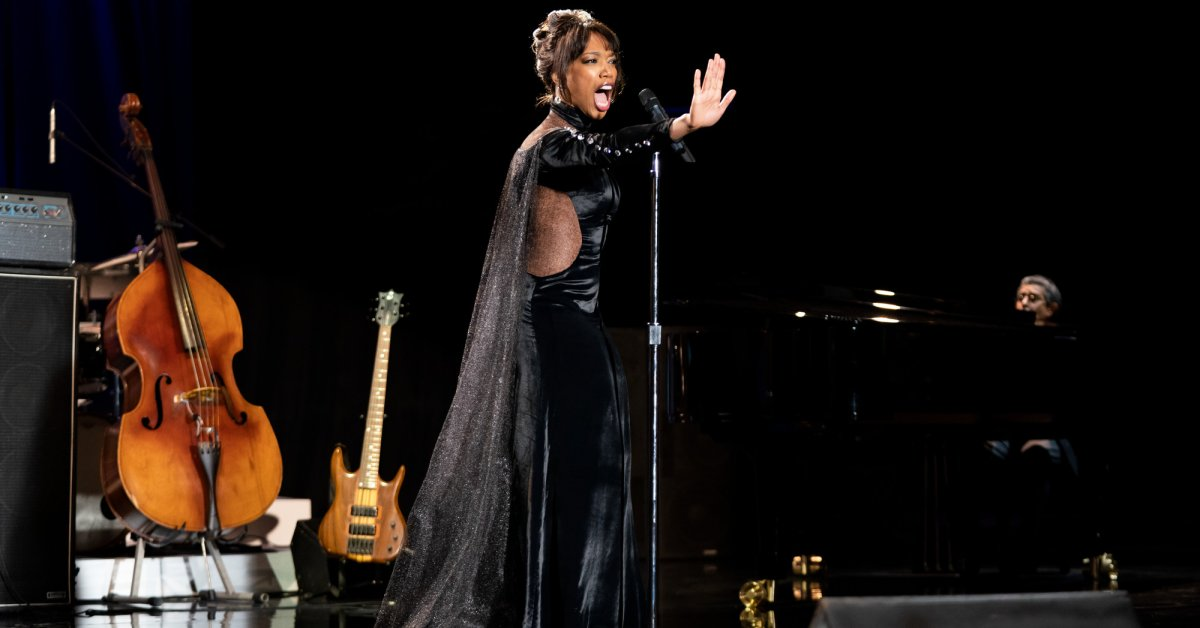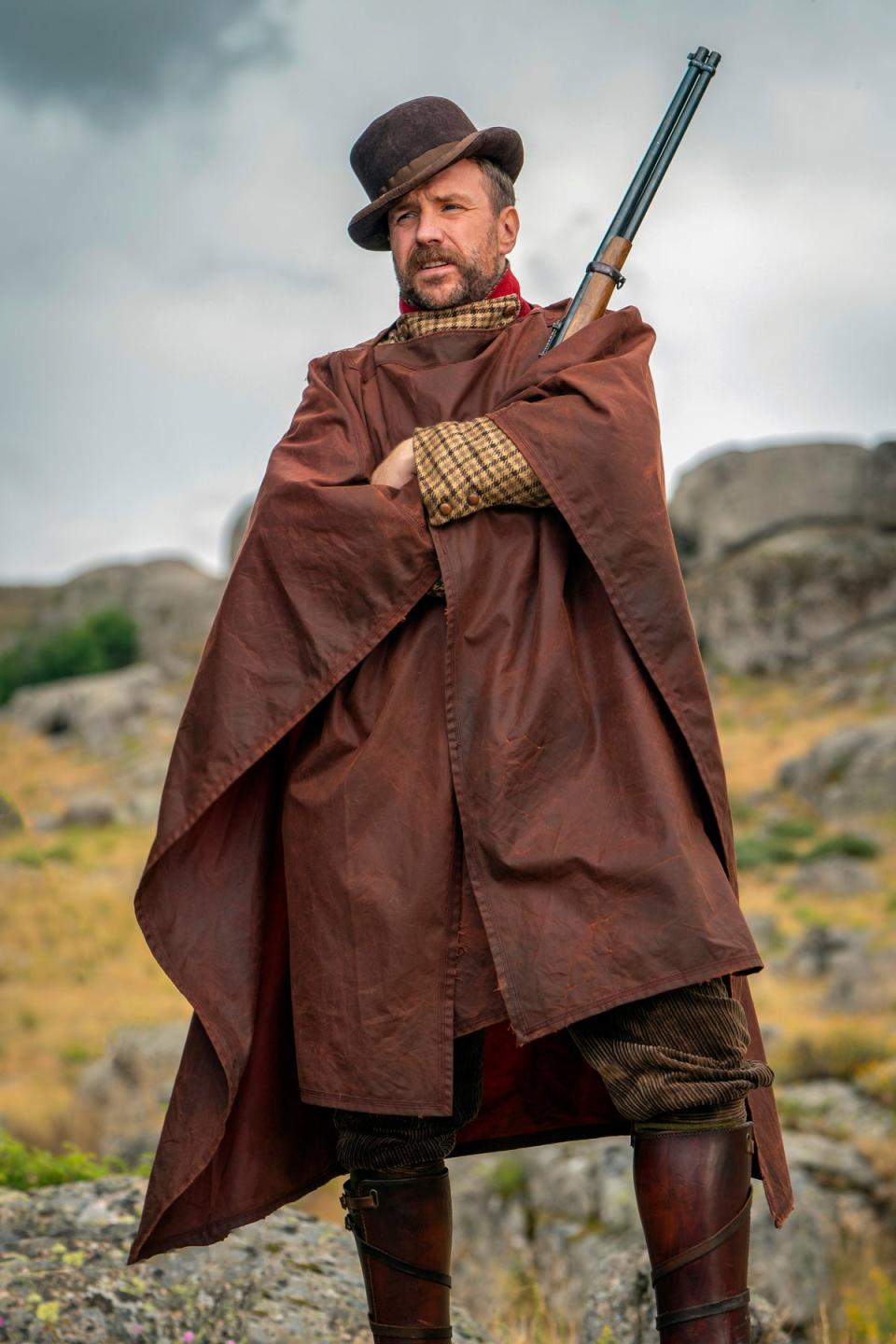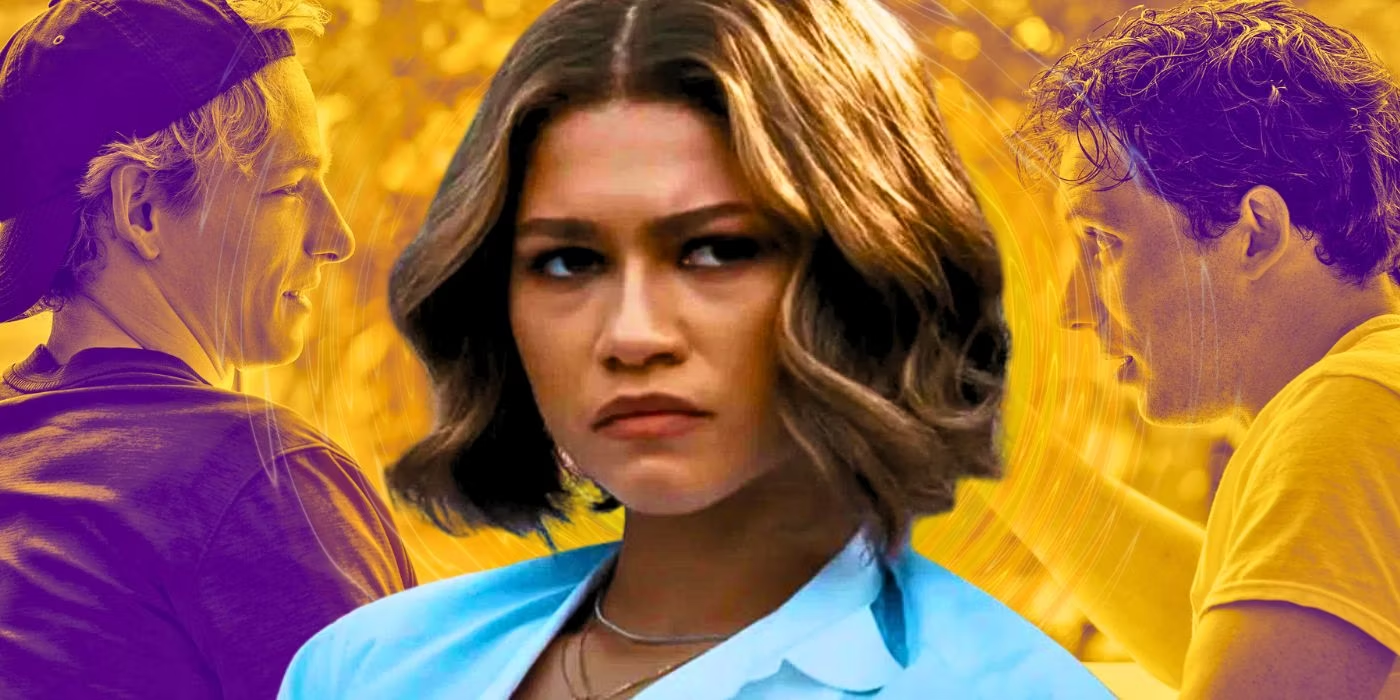Just before the fiery climax of Jean-Jacques Annaud's 1986 film The Name of the Rose, the free-thinking monk and detective William of Baskerville (Sean Connery) pursues a murderous Benedictine friar into the labyrinthine stacks of a great Italian monastery's library.
The design of the library, in keeping with Umberto Eco's historical novel of the same name, is a metaphor for the inaccessibility of knowledge during the Medieval Inquisition.
As we discover during the course of the film, monks in the abbey's scriptorium were copying by hand authorized texts, mostly religious but not all. William and his young novice Adso (a youthful Christian Slater) examine some of the books and find randy brothers have illuminated the pages with vulgar drawings of the pope and other iconic church figures, perhaps to relieve boredom or push back against the stifling oppressiveness of dogmatism, convinced the books would be shelved and never seen again. At least, that was my take.
The picture's visual elements and ideas captured my imagination -- I had already read Eco's bestseller -- and I took to heart the story's message about the perils of rigid orthodoxy.
I came to the book and the movie primed for its messages. As a child, growing up on a college campus, I spent hours after school roaming the stacks of the college's library. It was, to misapply Hemingway, a "clean, well-lighted place," open in all aspects.
I loved its accessibility. I could enter the stacks by way of a spiraling staircase, an enclosed stairwell, or the elevator. I could go anywhere. Take down any book. Park my skinny behind in any empty chair and study pages to contentedness.
I discovered the children's literature room, basement level, and made friends with Huck and Tom and Homer Price. Thick anthologies held works by Rudyard and Langston; I read them repeatedly. I eventually got my own borrower's card and could bring friends home.
If we are all formations of our past choices and experiences, as the Buddhists contend, then I would like to think I am who I am because fetters were never placed on my mind. Sure, like many young people reared by healthy folks, I was counseled and directed but I was never restricted. As a result, I live a "go-see life" in a "go-see world."
What a terrific gift that is to give someone.




















.jpg)
